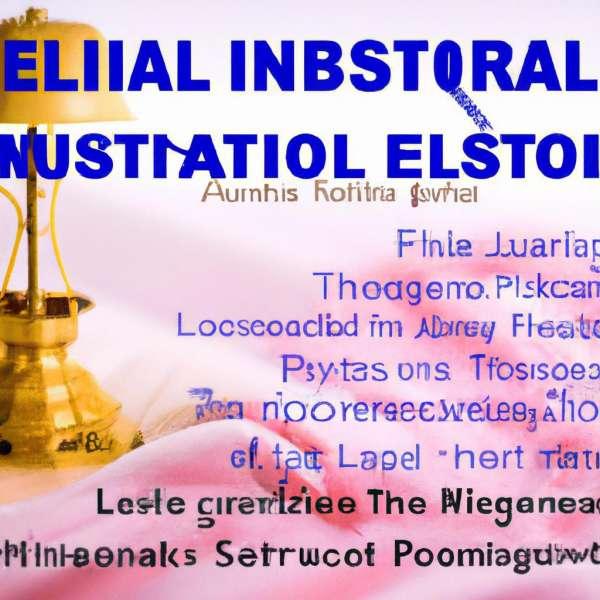Understanding Hotel and Motel Liability: A Comprehensive Guide
In the bustling world of travel and hospitality, hotels and motels serve as sanctuaries for weary travelers, offering a momentary respite from the chaos of the outside world. However, beneath the glossy brochures and sparkling lobbies lies a complex web of legal responsibilities and liabilities that both guests and property owners must navigate. When incidents occur—be it a slip and fall, a theft, or an unfortunate accident—the ramifications can ripple through the lives of those involved, raising questions of accountability and legal recourse.
This article aims to peel back the layers of hotel and motel liability, exploring the rights and responsibilities that come into play when a guest steps through the door. By examining the legal frameworks, common liabilities faced by establishments, and the protective measures both parties can take, we will demystify this essential aspect of the hospitality industry. Whether you’re a frequent traveler or an aspiring hotelier, understanding these dynamics is key to fostering safe and enjoyable stays for all. Join us as we uncover the intricacies of liability in the world of hotels and motels.
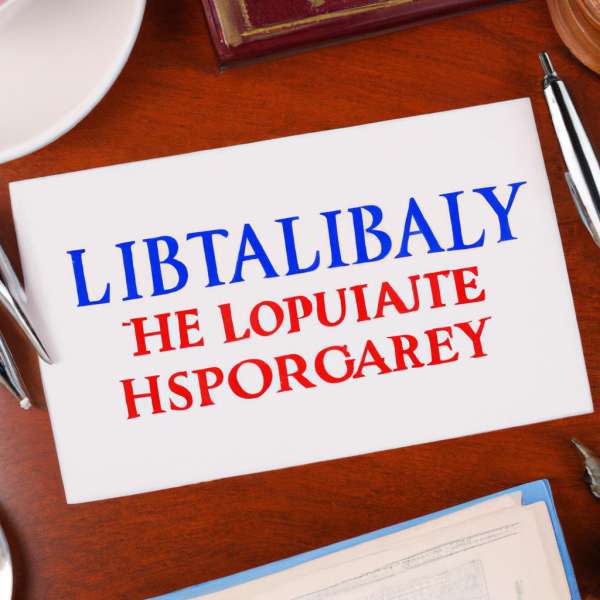
Exploring the Legal Landscape of Hospitality Liability
In the complex web of hospitality, understanding liability is crucial for both hotel operators and their guests. The legal framework surrounding hospitality liability encompasses a variety of factors that can significantly impact the responsibilities of hotel and motel owners. These responsibilities range from ensuring guest safety to maintaining premises in a condition that prevents accidents and injuries. It’s essential to recognize that liability is not limited to just physical harm; it also extends to issues related to theft, data breaches, and discrimination.
Key elements influencing hospitality liability include:
- Negligence: This occurs when a hotel fails to meet the reasonable standard of care expected, leading to guest injuries.
- Vicarious Liability: Hotels may be held responsible for the actions of their employees, especially if those actions occur during the course of their employment.
- Strict Liability: In certain situations, hotels may be held liable regardless of fault, particularly concerning inherently dangerous activities or products.
- Contractual Liability: Agreements with guests and providers can outline specific liabilities and responsibilities that may be enforceable.
Hotel owners must stay informed about local, state, and federal regulations that govern their operations. Here’s a concise overview of some significant liability cases:
| Case Name | Liability Type | Key Outcome |
|---|---|---|
| Doe v. Hotel Corp. | Negligence | Hotel held liable for inadequate security leading to guest assault. |
| Smith v. Cheap Inn | Vicarious Liability | Inn liable for bartender’s actions resulting in injury. |
| Jones v. Luxury Suites | Strict Liability | Liable for harm caused by faulty equipment in the pool. |
| Adams v. Standard Lodging | Contractual Liability | Liability outlined in guest agreement upheld in court. |
By carefully navigating these legal waters, hospitality operators can mitigate risks and foster a safe environment for their guests while also protecting their business interests. Consulting with legal professionals who specialize in hospitality law can further aid in understanding risks and obligations. Ultimately, a proactive approach to liability can enhance a hotel’s reputation and ensure guest loyalty.
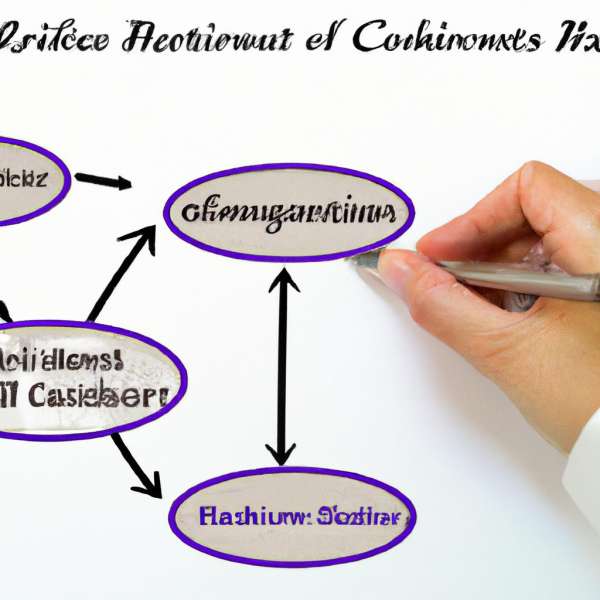
Identifying Common Risks and Responsibilities in Hotel Operations
In the realm of hospitality, the responsibility of ensuring guest safety is paramount. Businesses must navigate an array of potential risks that can elevate their liability. Understanding these common risks is essential for hotel operators to implement effective mitigation strategies. Some prevalent risks include:
- Slip and Fall Accidents: Wet floors, loose carpets, and inadequate lighting can lead to guest injuries.
- Guest Theft or Loss: Insecure premises may result in stolen property, leading to claims against the hotel.
- Food Safety Issues: Poorly prepared meals can cause foodborne illnesses, exposing the establishment to significant liability.
- Negligent Security: Inadequate safety measures can put guests at risk of crime, resulting in legal repercussions.
Addressing these risks involves a multifaceted approach that combines training, policy development, and infrastructure improvements. For instance, conducting regular safety audits allows hotel management to identify and rectify potential hazards before they manifest into liability claims. Furthermore, staff training on emergency protocols and guest handling can significantly reduce the likelihood of accidents and mismanagement.
Another important aspect of managing liability includes understanding the responsibilities associated with property at different levels. Below is a brief overview of common operational responsibilities:
| Responsibility | Description |
|---|---|
| Facility Maintenance | Regular inspections and prompt repairs to avoid hazards. |
| Guest Relations | Providing clear communication and reassurance, especially during incidents. |
| Staff Training | Ensuring all employees are aware of safety protocols and emergency procedures. |
| Insurance Management | Adopting comprehensive insurance policies to protect against various liabilities. |
Ultimately, by recognizing these risks and actively fulfilling their responsibilities, hotel operators can create a safer environment for guests while safeguarding themselves from potential legal repercussions. Every action taken contributes to building a reputation of trust and reliability in the hospitality industry.
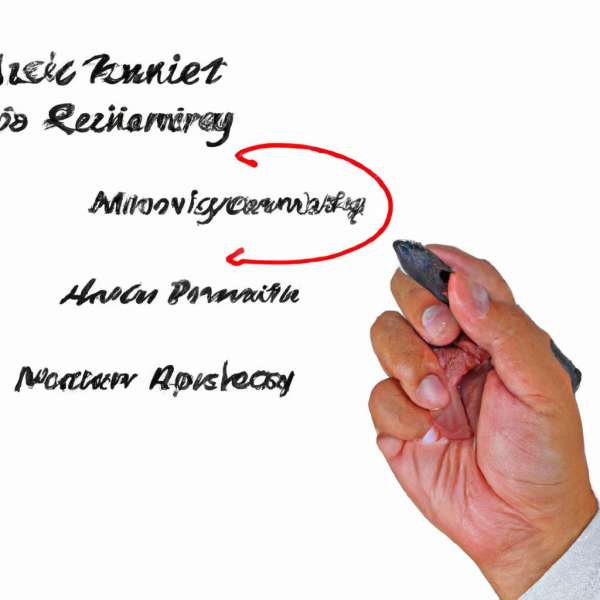
Implementing Effective Risk Management Practices
In the hospitality industry, proactive risk management is crucial for mitigating potential liabilities and ensuring guest safety. By identifying vulnerabilities and implementing strategic practices, hotel and motel operators can create a more secure environment for both guests and employees. A comprehensive risk management plan should encompass several essential elements:
- Regular Risk Assessments - Conduct periodic evaluations of the property to identify potential hazards, from slip and fall risks to fire safety protocols.
- Employee Training – Provide staff with robust training programs focusing on emergency response, customer service, and safety procedures.
- Guest Communication – Keep guests informed of safety measures in place, as well as any potential risks they should be aware of during their stay.
- Insurance Coverage - Ensure adequate insurance coverage is in place to protect against various types of claims, including property damage and personal injury.
Implementing technology can also enhance risk management practices. Surveillance systems, automated lighting, and emergency alert systems can significantly improve the safety standards of a property. Furthermore, proper documentation is essential; maintaining records of incidents, employee training sessions, and guest complaints can help in defending against liability claims.
Below is a table highlighting key insurance types that hotels and motels should consider:
| Insurance Type | Description |
|---|---|
| General Liability Insurance | Covers injuries and accidents occurring on the property. |
| Property Insurance | Protects against damage to the building and its contents. |
| Business Interruption Insurance | Compensates for lost income during periods of closure due to insured events. |
| Professional Liability Insurance | Covers claims arising from negligence in providing professional services. |
By diligently implementing these practices, hotels and motels can not only safeguard their guests but also enhance their reputation, ultimately leading to greater customer trust and loyalty.
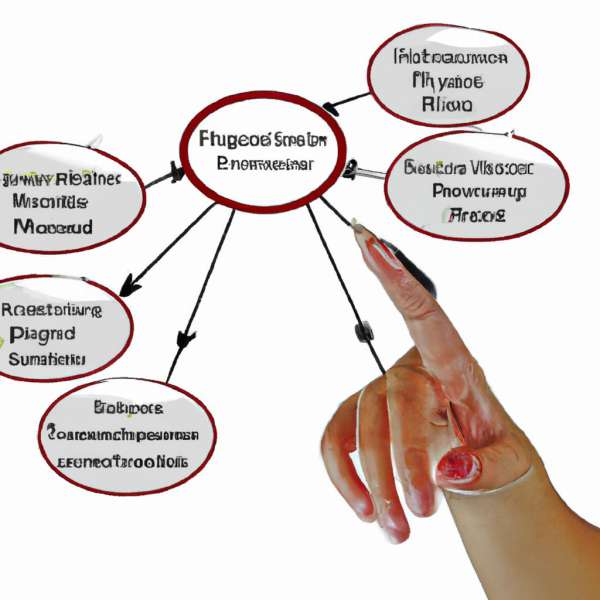
Navigating Insurance Options for Comprehensive Coverage
When it comes to ensuring comprehensive coverage for hotels and motels, understanding your insurance options is essential. Various types of insurance policies are available, each designed to protect against specific risks associated with the hospitality industry. By navigating these options wisely, you ensure that your establishment is well-protected against potential liabilities.
Key Types of Insurance Policies:
-
General Liability Insurance: This is the cornerstone of liability protection, covering bodily injury, property damage, and personal injuries to guests and visitors.
-
Property Insurance: Protects your physical assets, including buildings and equipment, against risks like fire, theft, and natural disasters.
-
Professional Liability Insurance: Particularly important for hotels that offer additional services, this covers negligence claims arising from professional advice or services.
-
Workers’ Compensation Insurance: A crucial policy for protecting your employees and covering costs associated with work-related injuries or illnesses.
Understanding the different coverage options can be simplified by breaking down the potential risks. Below is a table that encapsulates the primary risks hotels and motels face, along with applicable insurance types:
| Risk | Recommended Insurance |
|---|---|
| Bodily Injury Claims | General Liability Insurance |
| Property Damage | Property Insurance |
| Employee Injuries | Workers’ Compensation |
| Negligence Claims | Professional Liability |
In the face of liability challenges, it can be advantageous to seek guidance from insurance professionals who specialize in hospitality coverage. They can provide insights into the nuances of your specific location and operations, helping you identify the ideal policy mix. Furthermore, considering local regulations and market dynamics can yield valuable information about additional coverage options like cyber liability and environmental liability, further safeguarding your establishment against unforeseen events.
Insights and Conclusions
navigating the intricate world of hotel and motel liability requires a keen understanding of the legal principles that govern this unique sector. From slip-and-fall incidents to breaches of privacy, the scenarios in which liability can arise are as varied as the establishments themselves. Hoteliers and motel operators must prioritize safety, maintain comprehensive insurance policies, and stay informed about evolving regulations to protect both their guests and their businesses. As travelers, it’s equally important to be aware of your rights and responsibilities during your stay. By fostering a mutual understanding between guests and providers, we can create safer, more enjoyable experiences for everyone involved. knowledge is not just power; it’s a key ingredient in fostering a secure lodging environment, where the comforts of hospitality meet the imperatives of responsibility.

